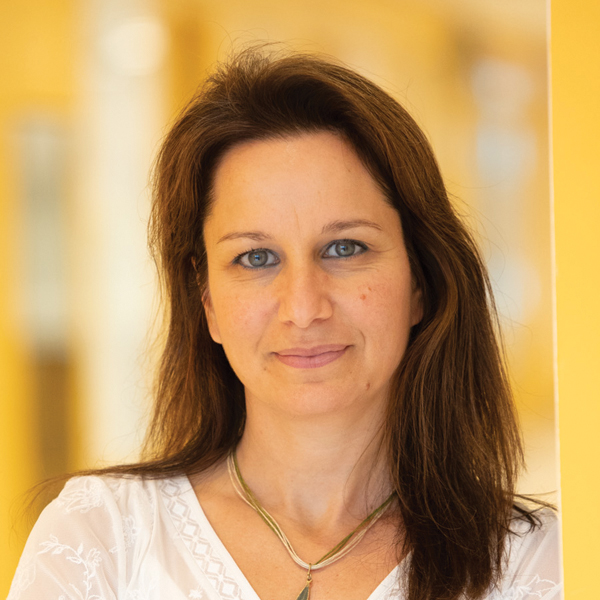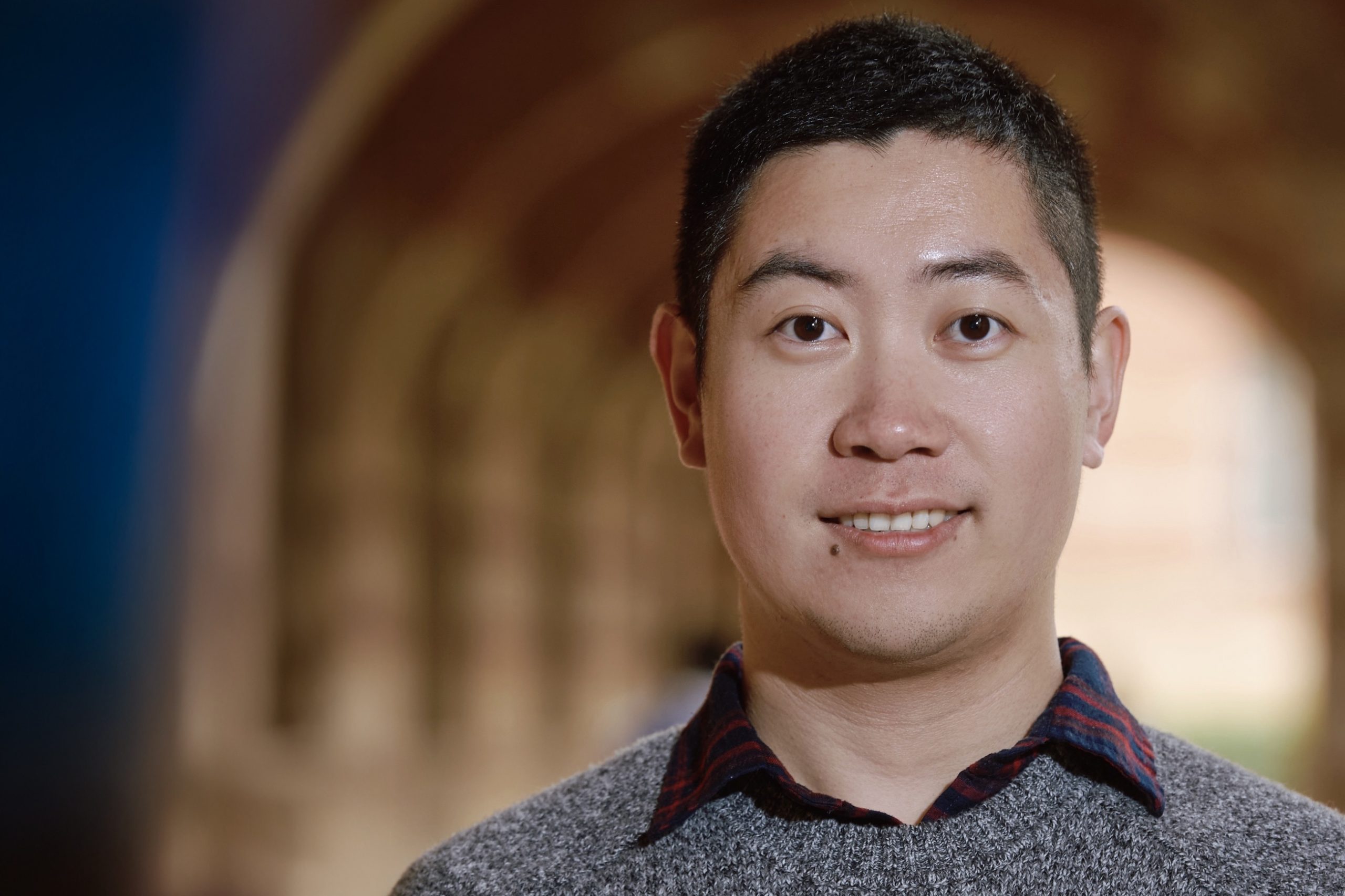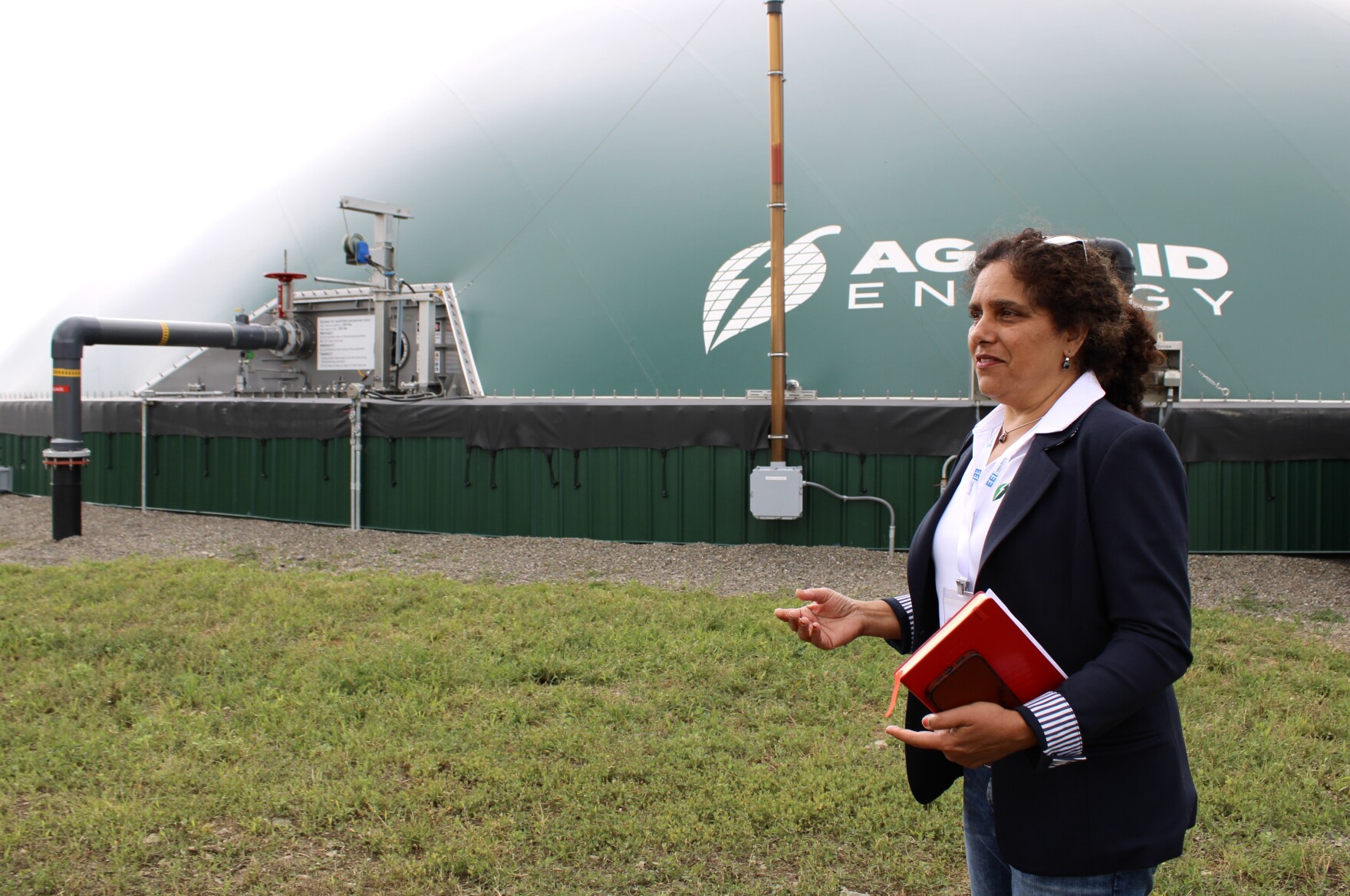By Heike Brueckner
Assistant Research Professor Dr. Ioulia Valla has been awarded a $190,000 grant from the Energy for Sustainability Division of the National Science Foundation (NSF) for research aimed at transforming waste tar compounds into valuable synthesis gas using a one-step catalytic process. Dr. V alla seeks to determine whether zeolite-based materials with hierarchical pore network architectures will eliminate the diffusion limitations of heavy poly-aromatic hydrocarbons (PAHs) present in tars and also accommodate their cracking.
alla seeks to determine whether zeolite-based materials with hierarchical pore network architectures will eliminate the diffusion limitations of heavy poly-aromatic hydrocarbons (PAHs) present in tars and also accommodate their cracking.
Tars are PAHs present in synthesis gas, commonly known as “syngas,” which impose detrimental effects in downstream biomass gasification processes. Many PAH compounds are deemed to be carcinogenic and mutagenic; they are also associated with reduced process efficiency. Thus, they need to be either removed or converted.
Zeolites are catalytic materials widely used in industry for the cracking of heavy hydrocarbons, but their microporous structure significantly reduces diffusion. Dr. Valla and her research team intend to modify the zeolite pore structure and develop a hierarchical pore network and metal active sites that will enhance the cracking and the reforming of the PAH to synthesis gas.
Dr. Valla says, “Our hypothesis is rooted in the idea that utilizing the advantages of zeolites with hierarchical porosity and transition metals will be ideal and will create great potential for transforming the unwanted tars into valuable energy. We hope to achieve a breakthrough that will have a significant impact on today’s energy crisis and will ‘unlock’ the future of biomass as a renewable fuel.” Assistant Professor of Chemical & Biomolecular Engineering Dr. George Bollas is co-PI on the project.



